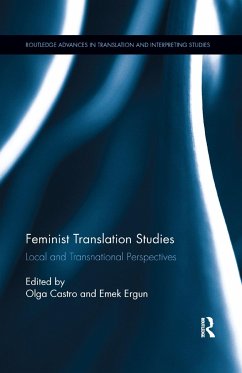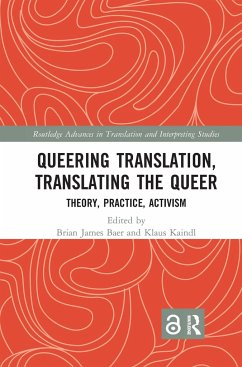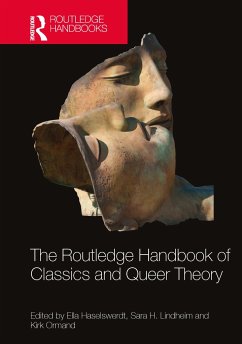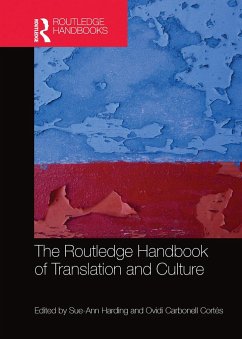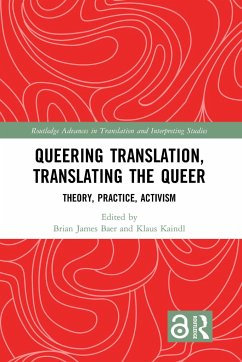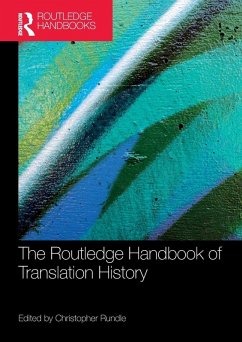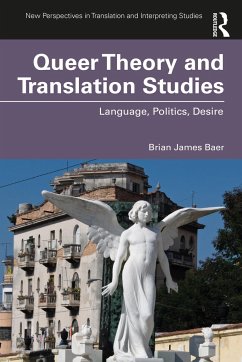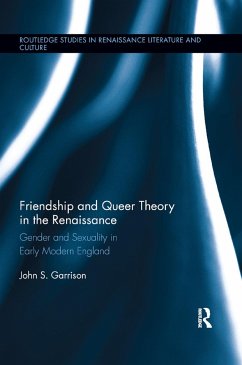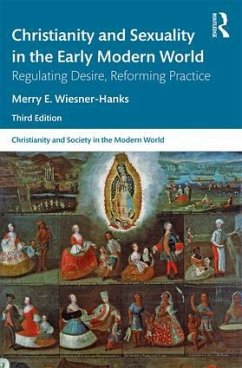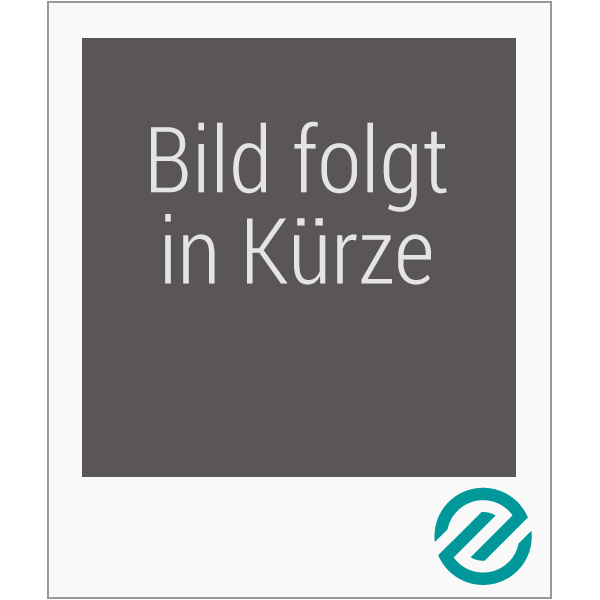
The Routledge Handbook of Translation and Sexuality
Versandkostenfrei!
Versandfertig in 6-10 Tagen
245,99 €
inkl. MwSt.
Weitere Ausgaben:

PAYBACK Punkte
123 °P sammeln!
The Routledge Handbook of Translation and Sexuality questions what it would mean to think of sexualities transnationally and explores the way cultural ideas about sex and sexuality are translated across languages. It considers how scholars chart the multilingual rise of the modern sexual sciences in the nineteenth and twentieth centuries, how translators, writers, and readers respond to sexual modernities and to what extent the keywords of queer social movements travel across borders.The handbook draws from fields as diverse as translation studies, critical multilingualism studies, comparative...
The Routledge Handbook of Translation and Sexuality questions what it would mean to think of sexualities transnationally and explores the way cultural ideas about sex and sexuality are translated across languages. It considers how scholars chart the multilingual rise of the modern sexual sciences in the nineteenth and twentieth centuries, how translators, writers, and readers respond to sexual modernities and to what extent the keywords of queer social movements travel across borders.
The handbook draws from fields as diverse as translation studies, critical multilingualism studies, comparative literature, European studies, Slavic studies, Middle Eastern studies, Latin American studies, and East Asian studies. This pioneering handbook maps out an emerging brand of women's, gender, and sexuality studies that approaches sexualities as translational formations.
Divided into two parts, the handbook covers:
- Theoretical chapters on the interdisciplinary dialogue between translation studies and queer studies
- Empirical studies of both canonic and minor scientific, religious, literary, philosophical, and political texts about sex and sexuality in translation across a variety of world languages.
With 20 chapters written by leading academics from around the world, The Routledge Handbook of Translation and Sexuality will serve as an important reference for students and scholars in the fields of translation studies, applied linguistics, modern languages, and women's, gender, and sexuality studies.
The handbook draws from fields as diverse as translation studies, critical multilingualism studies, comparative literature, European studies, Slavic studies, Middle Eastern studies, Latin American studies, and East Asian studies. This pioneering handbook maps out an emerging brand of women's, gender, and sexuality studies that approaches sexualities as translational formations.
Divided into two parts, the handbook covers:
- Theoretical chapters on the interdisciplinary dialogue between translation studies and queer studies
- Empirical studies of both canonic and minor scientific, religious, literary, philosophical, and political texts about sex and sexuality in translation across a variety of world languages.
With 20 chapters written by leading academics from around the world, The Routledge Handbook of Translation and Sexuality will serve as an important reference for students and scholars in the fields of translation studies, applied linguistics, modern languages, and women's, gender, and sexuality studies.





